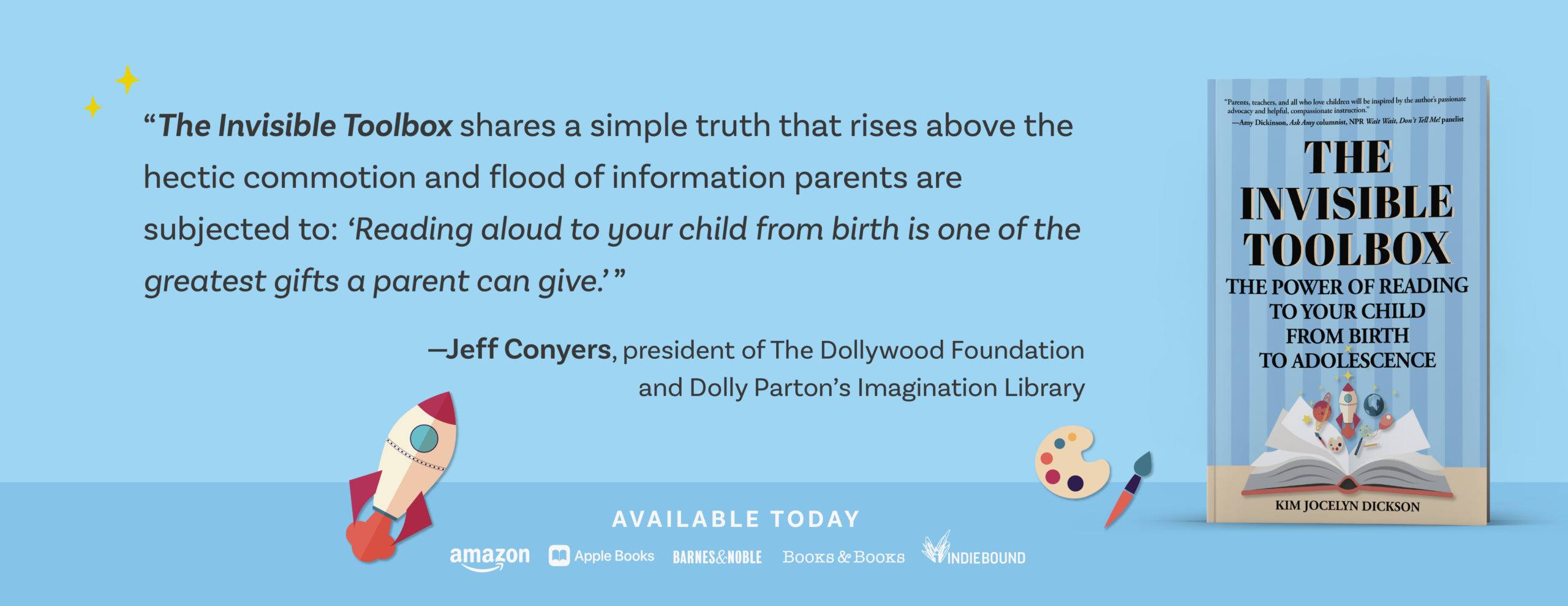The Evidence is Mounting…
Recent studies on the effects of speaking and reading to children in the preschool years confirm an important truth about where future literacy success begins.
A highly significant take-away is that poverty, lack of parental education, and even under-resourced schools, while they may be correlated statistically, are not necessarily the cause of poor literacy outcomes nor are they necessarily determinative.
This is very good news.
The more we learn about brain development in the first five years, the more obvious it is that those who care about children and literacy must focus our efforts on this period of life.
Last spring I titled my talk at the World Literacy Summit in Oxford “How the First Five Years Frame Future Literacy.”
Two studies published recently corroborated this claim.
Having spent decades teaching, I had reached this conclusion long ago. Most teachers understand that a child’s exposure to language and books before they ever set foot in kindergarten makes all the difference when they are eventually taught to read.
But research and studies are important too and difficult to ignore. So here they are.
How Do Infants and Toddlers Learn Language?
One study reported in Neuroscience News sampled over 1000 infants and toddlers from 12 countries speaking 43 languages to understand how language is learned.
They discovered that the amount of speech children hear is the “primary driver of language development.”
Not socioeconomics, or gender, or multilingualism.
In a nutshell, children who hear more speech, understand and produce more speech.
The take-away for parents? Talk to your babies.

Who Benefits from Information About Shared Reading and Access to Books?
Another study came from the IZA Institute of Labor Economics. Based in Bonn, Germany, IZA’s research mission is to “focus on understanding economic inequality, particularly the central role of labor markets and the psychological underpinnings of human behavior.”
We know that literacy outcomes have everything to do with a future skilled and employable labor force. This study aimed to discover how we can foster that.
The research team wanted to understand the impact of setting up a ‘randomized controlled trial’ of a shared book reading intervention targeting 4 year old children in socially mixed neighborhoods in Paris.
We selected a large, random sample of families and provided parents with free books, information on the benefits of SBR (shared book reading) and tips for effective reading practices.
The vocabulary of children in both treated and control groups were assessed both before and after the intervention.
Here is what they discovered:
Children from all families in the intervention group greatly increased their shared book reading frequency and improved their vocabulary.
The ‘low-educated and immigrant’ families improved their vocabulary as much as those from ‘high-educated, native families’.
Also significantly, continuous positive vocabulary growth occurred in disadvantaged families, despite the fact that these children often attended poorly resourced schools.

What Do These Studies Reveal About Where Literacy Begins?
Speaking and reading to young children before they begin school—regardless of their socioeconomic status, immigrant status, gender, level of parental education, or multilingualism—results in language and vocabulary development.
Since a child’s vocabulary is the number one predictor of school success, this is critically important to understand.
What these studies show is that if we want to have a real and lasting impact on literacy outcomes, we need to focus our attention and resources on parents and caregivers of children from infancy through the preschool years.
This is what will set all children up for success.



